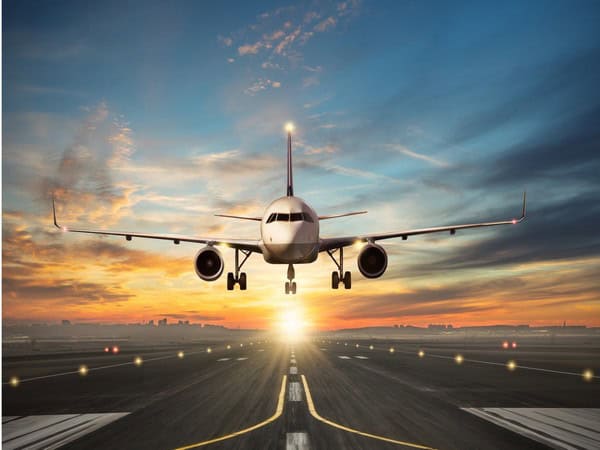Kuala Lumpur: Preliminary financial performance figures released on Thursday by the Association of Asia Pacific Airlines (AAPA) show that aggregated net earnings of Asia Pacific airlines halved in 2018 to 4.7 billion dollars from 9.6 billion dollars recorded in the previous year.
Continued expansion in the global economy underpinned further growth in air passenger and air cargo markets. But airlines faced an increasingly challenging operating environment marked by significantly higher jet fuel prices, adverse currency movements and rising pressures on non-fuel cost items.
Overall, international passenger traffic in revenue passenger kilometer terms (RPK) grew by a robust 6.9 percent in 2018, stimulated by rising incomes, further expansion of airline networks and widespread availability of competitive airfares.
International air cargo traffic as measured in freight tonne kilometers (FTK) slowed to a 2.2 percent increase for the year, as uncertainties stemming from unresolved international trade disputes adversely affected business confidence and levels of export activity.
Collectively, the region’s carriers achieved operating revenues totaling 204.7 billion dollars in 2018, a 10.4 percent increase compared to the 185.4 billion dollars registered in the previous year. Passenger revenue rose by 10.4 percent to 159 billion dollars, driven by the solid growth in passenger demand and slightly higher average airfares.
Passenger yields recorded a 3.1 percent rise to 8.1 cents per RPK after several years of decline. Despite slower growth in air cargo demand, cargo revenue increased significantly by 11.5 percent to 21.2 billion dollars with 8.9 percent increase in cargo yields to 27.1 cents per FTK.
Meanwhile, operating expenses grew by 12.5 percent to an aggregate total of 194.6 billion dollars in 2018. This was driven by a significant 27.5 percent rise in fuel costs to 54.5 billion dollars, in tandem with the 29.8 percent jump in global jet fuel prices to an average of 85 dollars per barrel.
Consequently, the share of fuel expenditure as a percentage of total operating expenses rose by 3.3 percentage points to 28 percent. Non-fuel expenditure increased by 7.6 percent to 140.1 billion dollars, driven by higher staff costs as well as landing fees and en-route charges.
“Asian airlines are operating in highly competitive markets, and were not able to pass on the full cost impact of significantly higher fuel prices we saw in 2018,” said AAPA Director General Andrew Herdman.
Consequently, overall operating margins narrowed to 4.9 percent for the year from 6.7 percent in 2017. After extraordinary items, which included foreign exchange losses for a number of carriers, aggregate net earnings fell to 4.7 billion dollars in 2018.
As an indication of the highly competitive nature of the airline business, this represents an average profit level of just under 5 dollars per passenger flown, said Herdman.
“Asia Pacific airlines continue to face significant headwinds in the form of persistent cost pressures, stiff competition as well as further volatility in oil and currency markets. Whilst air passenger markets remain relatively resilient, the weak sentiment surrounding air cargo markets is a warning signal that trade disputes are doing real damage to the economy and could further undermine global growth prospects going forward,” he said.
[source_without_link]ANI[/source_without_link]

